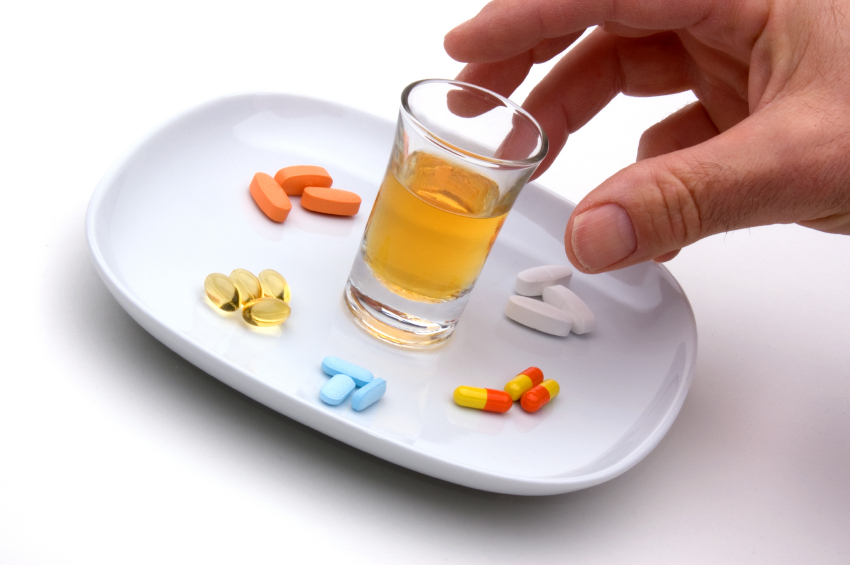Here’s a recent opinion piece on that important question. The author’s view: supplements are usually ineffective, according to the best research. Ergo, it makes no sense for Americans to spend billions each year purchasing supplements. See for yourself:
Most dietary supplements don’t do anything. Why do we spend $35 billion a year on them?
It’s of interest to us because many folks in recovery are heavy users (and buyers) of supplements. They do so in the belief (hope?) that it will help them feel better and perhaps become healthier. The article suggests that’s sadly not the case.
So should physicians recommend against supplement use, unless there’s a specific need to be addressed?
It’s a complicated issue, and there are opinions on both sides. I asked a senior lecturer in medicine at a major university for his opinion. “For me, it’s like with acupuncture. The evidence for its effectiveness is extremely thin. Certainly it doesn’t meet the standards of this medical institution.” So he’d advise a patient against it?
“Not always,” he replied. “If the patient genuinely wanted to use a supplement, I wouldn’t interfere. Unless there was some contraindication, of course, such as an undesirable interaction with a medication. I doubt the supplement would do much good, but probably no harm, either.”
The medication interaction issue is important. Nowadays, many clinics ask the patient for a complete list of supplements they are using. And if there’s no contraindications involved, they don’t make an issue of it. “The patient would probably ignore my advice anyway,” a nurse practitioner told me. “Based on something they heard online, or from a friend.” Those are two ways many patients are introduced to supplements in the first place.
Which leaves us with a question: if supplements aren’t actually working, as the science seems to suggest, why are they so popular? Some possible explanations:
The power of expectation. Most of us grow up taking pills to feel better, when we’re sick. We’re conditioned to expect a pill to produce the desired result. With supplements, the scientific evidence runs counter to that expectation. But when belief contradicts science, belief often prevails.
We’re not wholly rational beings. Example: the placebo effect.
The desire for personal control. Nobody likes to feel powerless. A question that gets asked daily in every treatment program I’ve ever visited: “But what am I supposed to do when I feel (pick one: anxious, bored, frustrated, angry, depressed, uncomfortable, or in pain)?” That understandable. People want something they can do for quick relief.
The problem of anticipation. If discomfort was continuous – if you were always anxious, or hurting physically, or craving drugs or feeling depressed– it might actually be easier to adapt. But such symptoms tend to come and go. You’ll feel better for a while, then for some reason, you feel worse again. You begin to anticipate another episode of discomfort, and look around for protection. Maybe by adding these supplements to your daily intake… “You’re really not treating the problem,” one practitioner explained. “You’re treating your anxiety.”
This can become a problem in itself. One patient reported consuming several dozen different pricey commercial supplements on a daily basis. She could explain in detail what each one supposedly did, and its role in her health regimen. My question: if she swallows all those supplements in a single day, how was it possible for her to differentiate between their effects? Aren’t they interacting to create a kind of ‘supplement soup’?
“These have all been approved by a qualified practitioner of alternative medicine,” she informed me with great confidence.
In other words, she believed in the practitioner, borrowing their faith in its effectiveness as the basis for her own.
Psychotherapists are familiar with this phenomenon. They know that the quality of the therapeutic relationship itself is usually important in determining outcome — more than any single technique.
Based on that, suppose this patient were to abruptly terminate her supplement use? Would she be any less healthy?
The evidence says no. The patient might well say yes.













